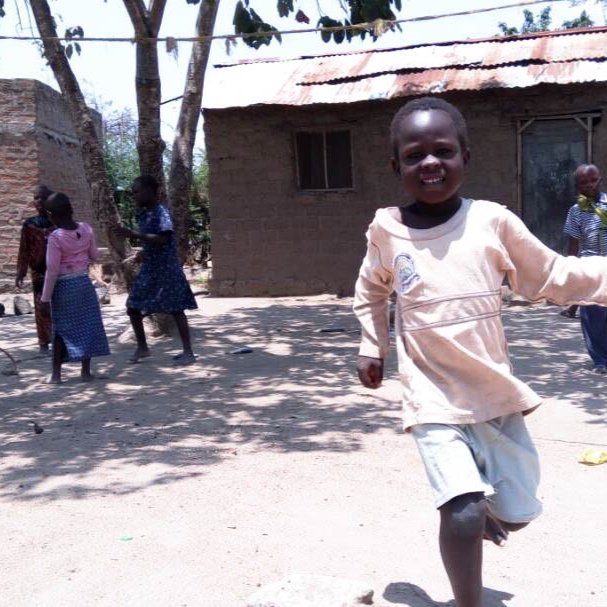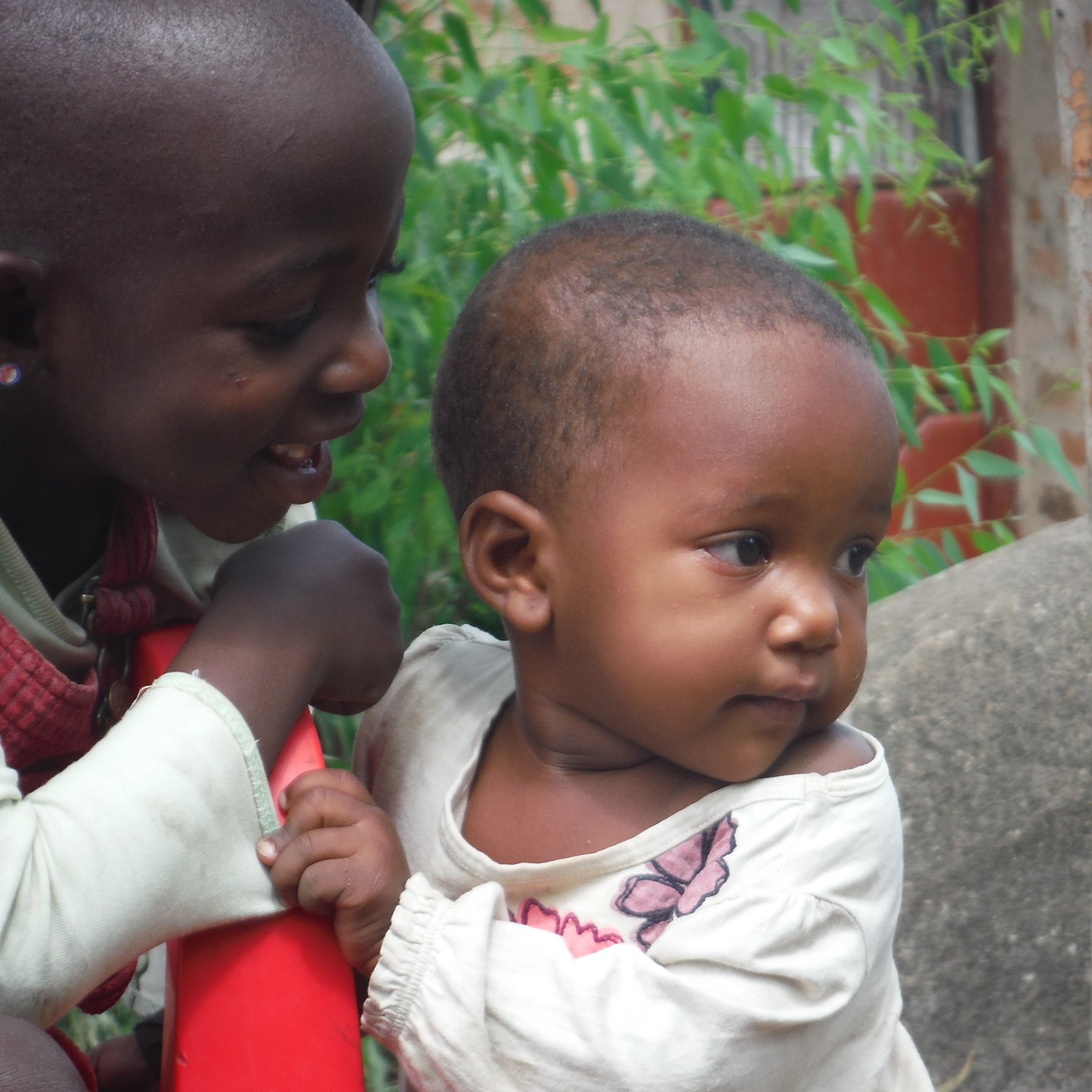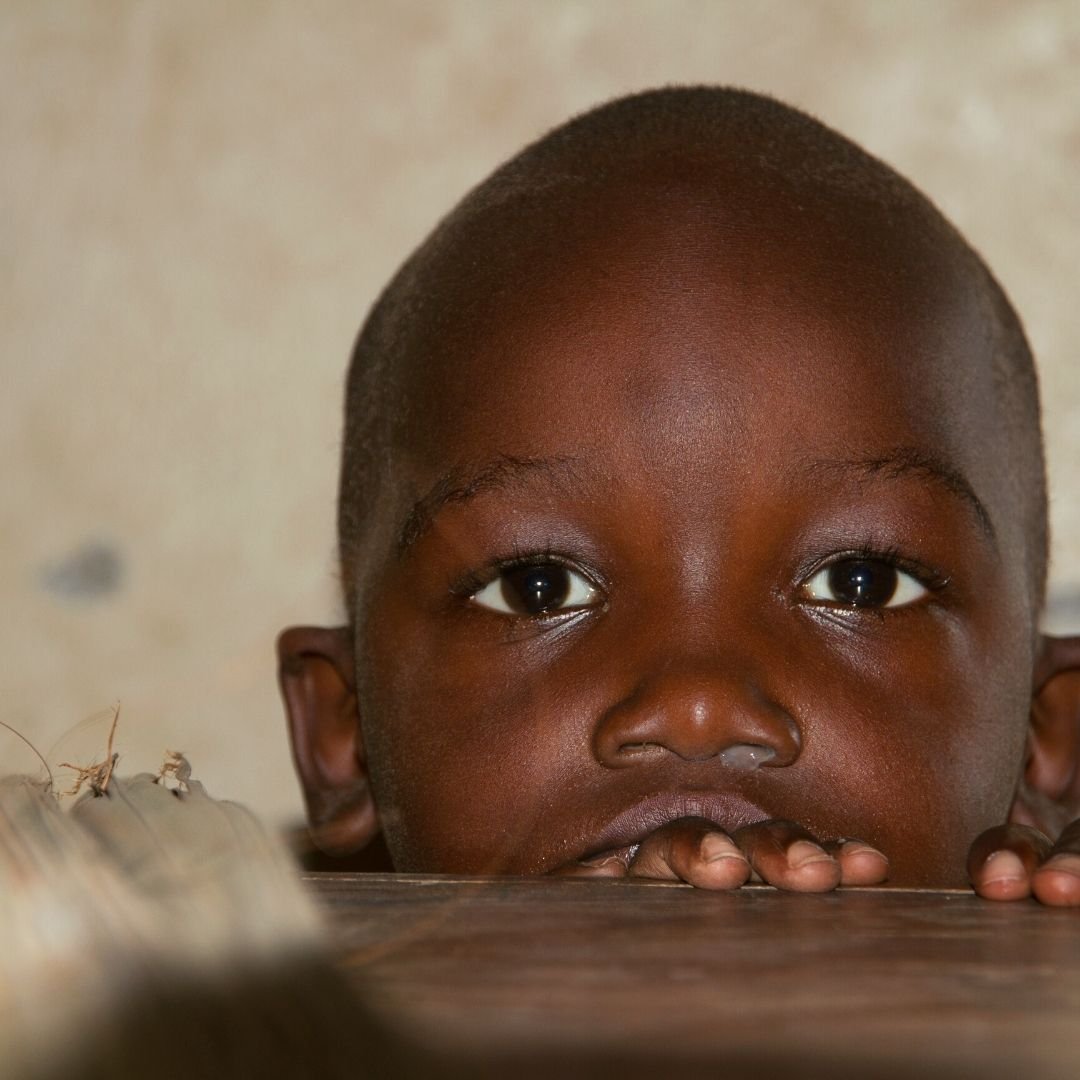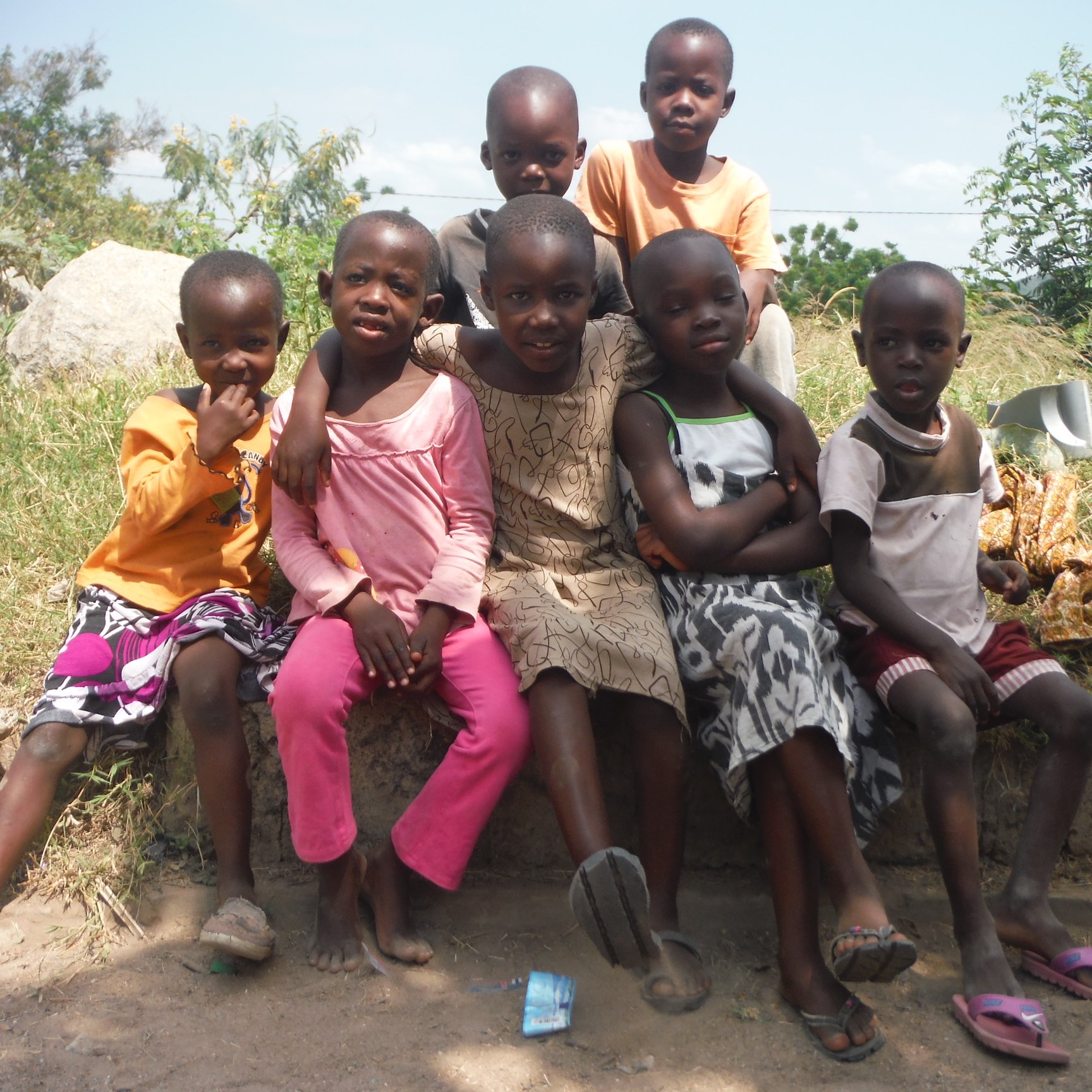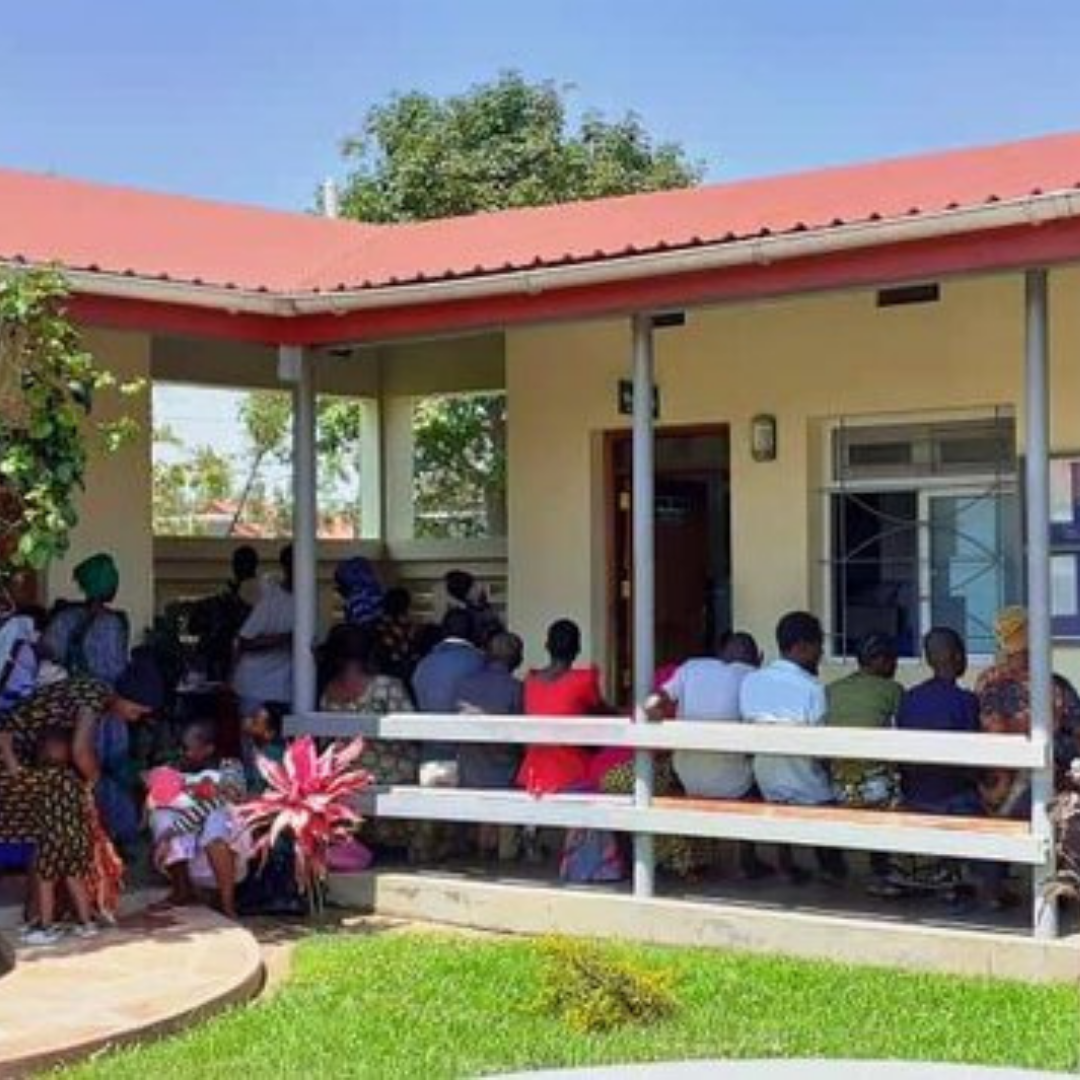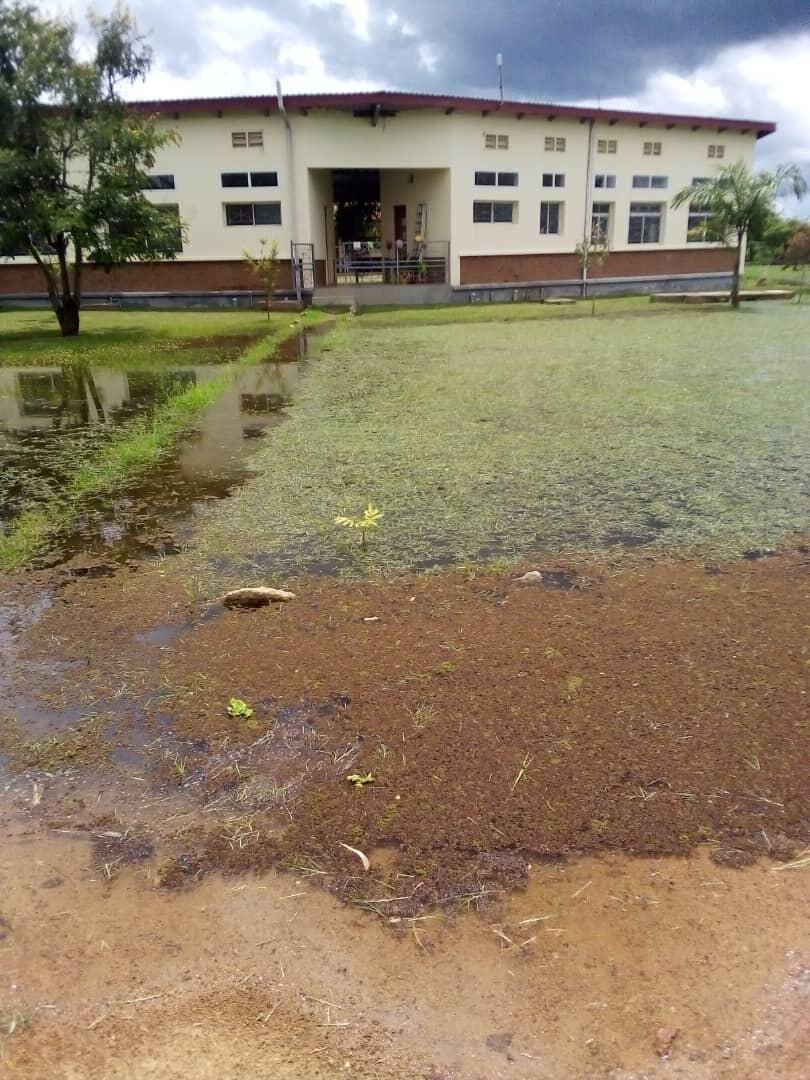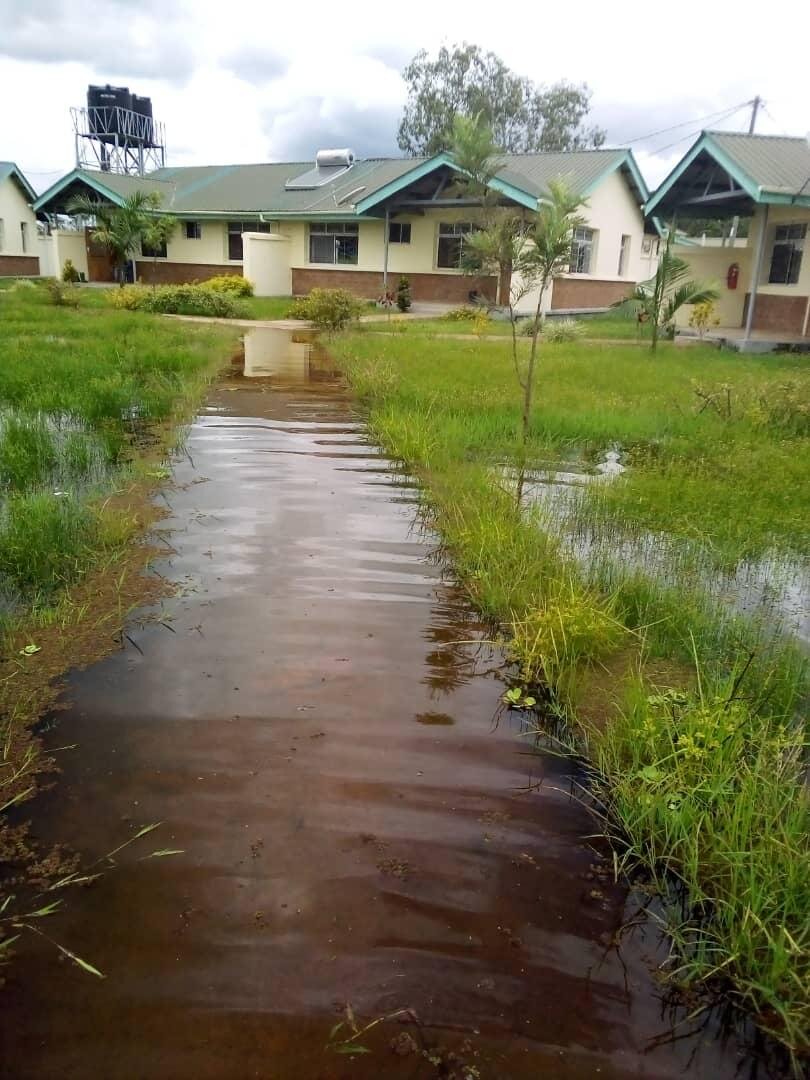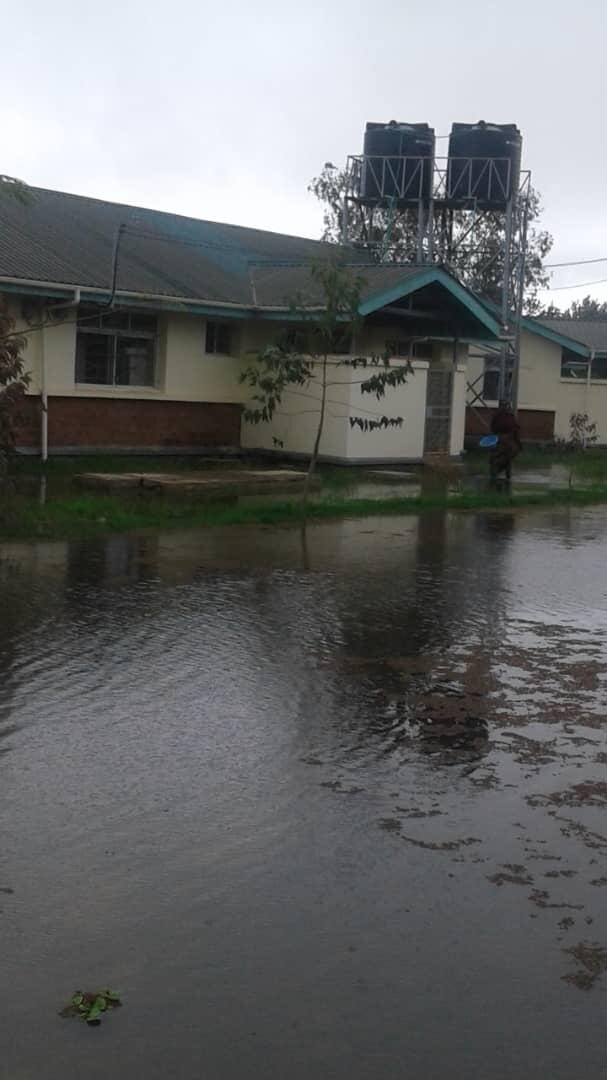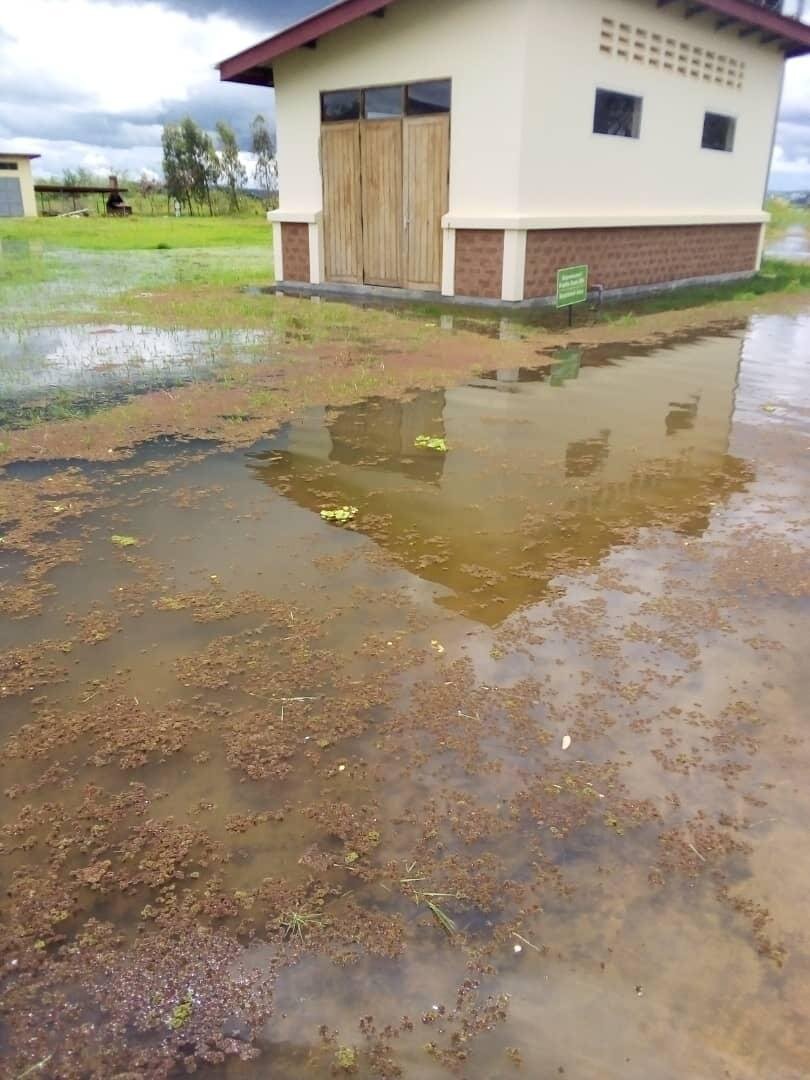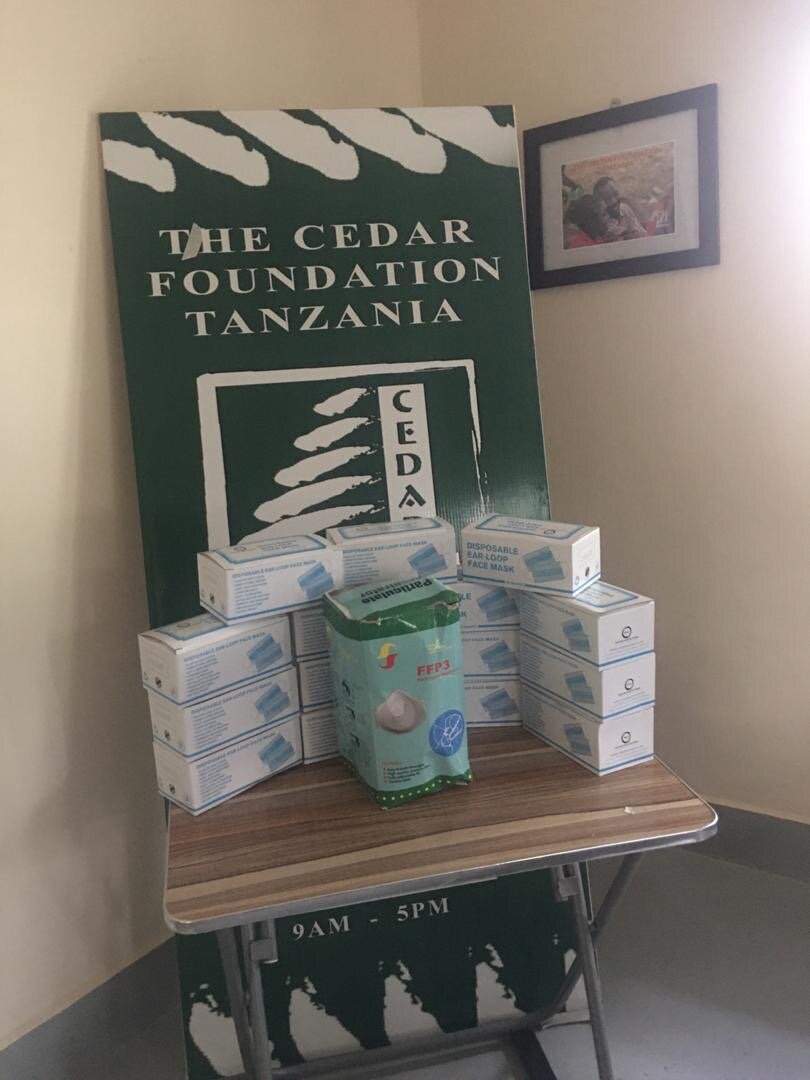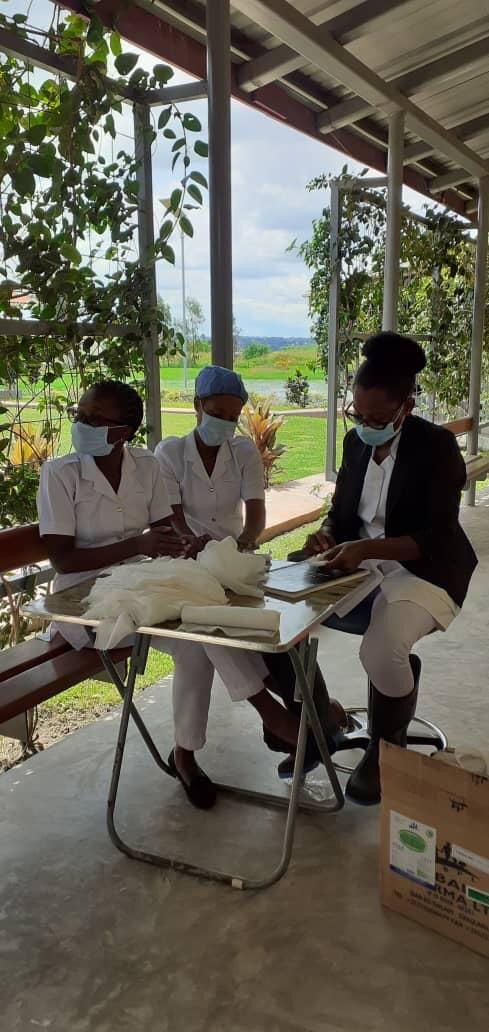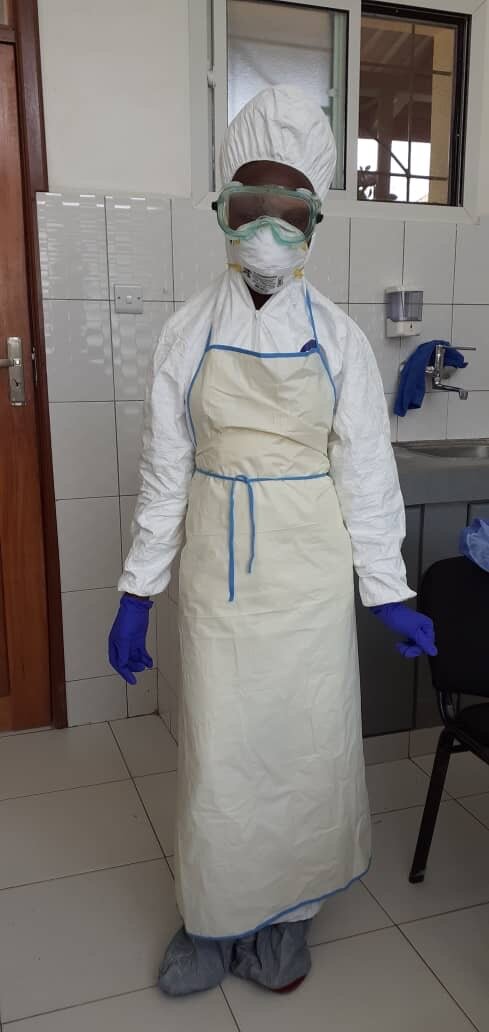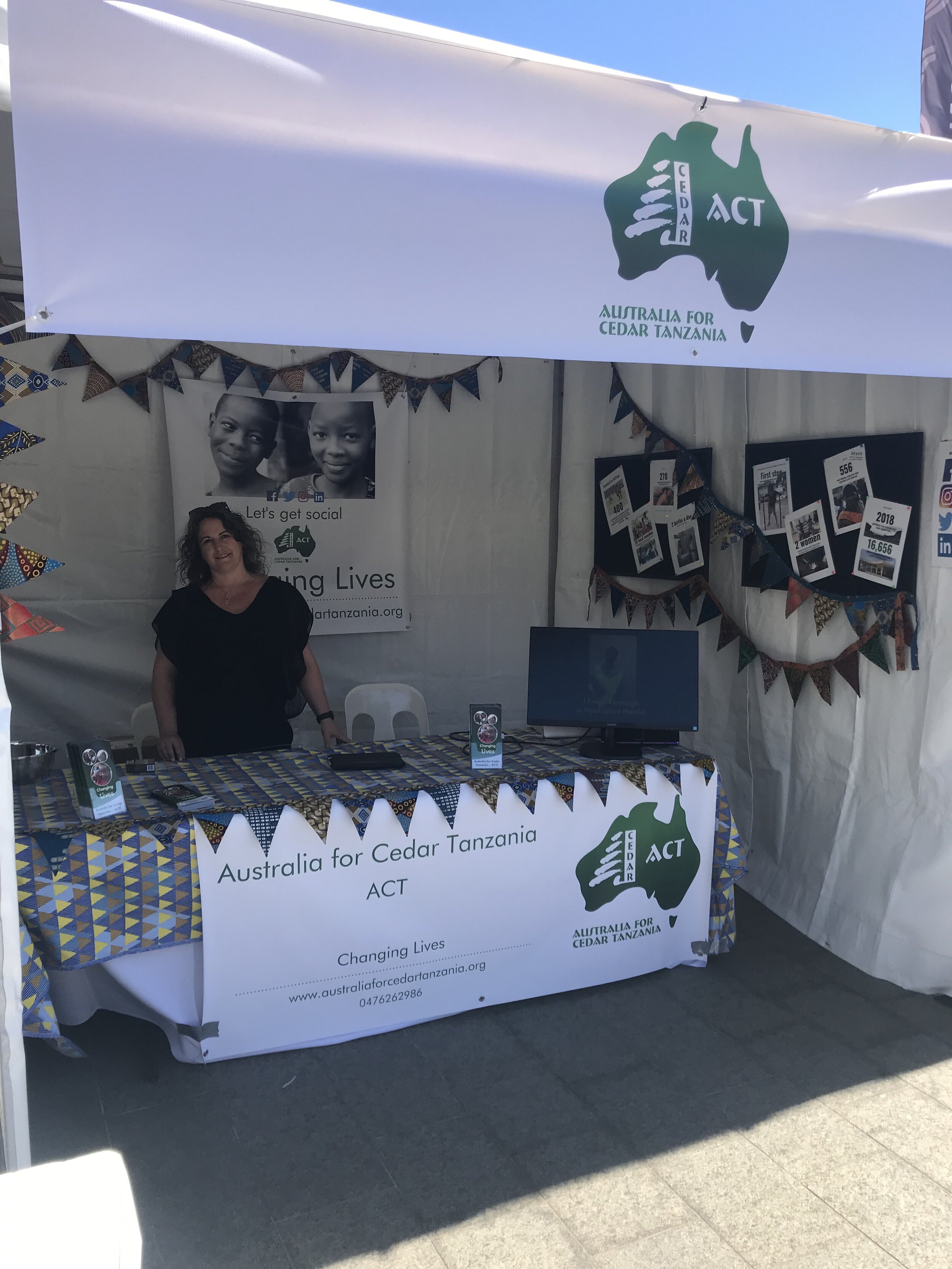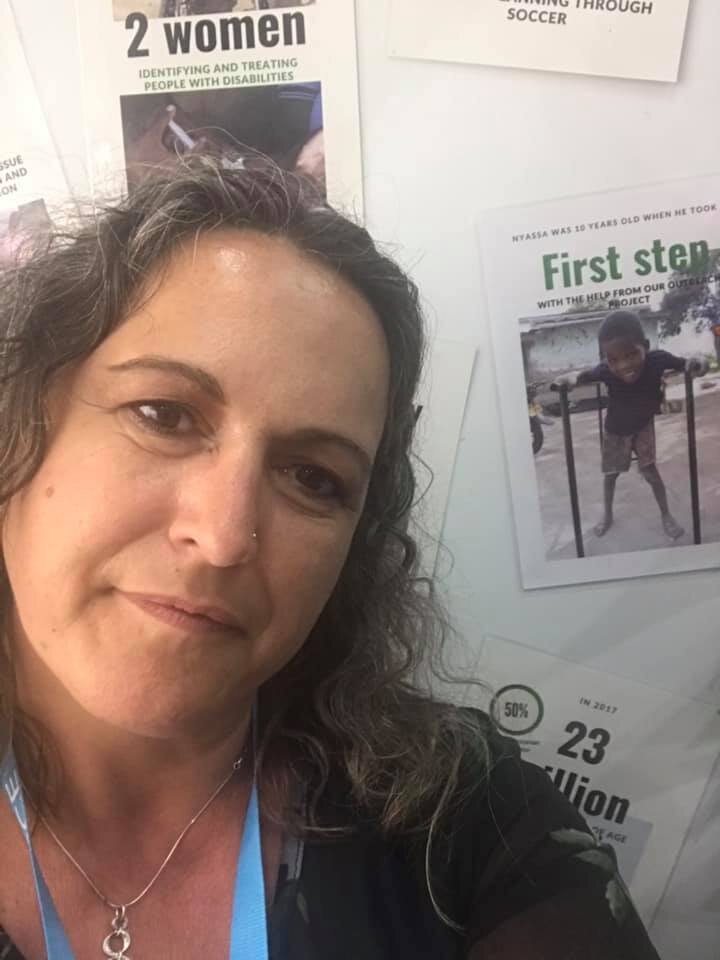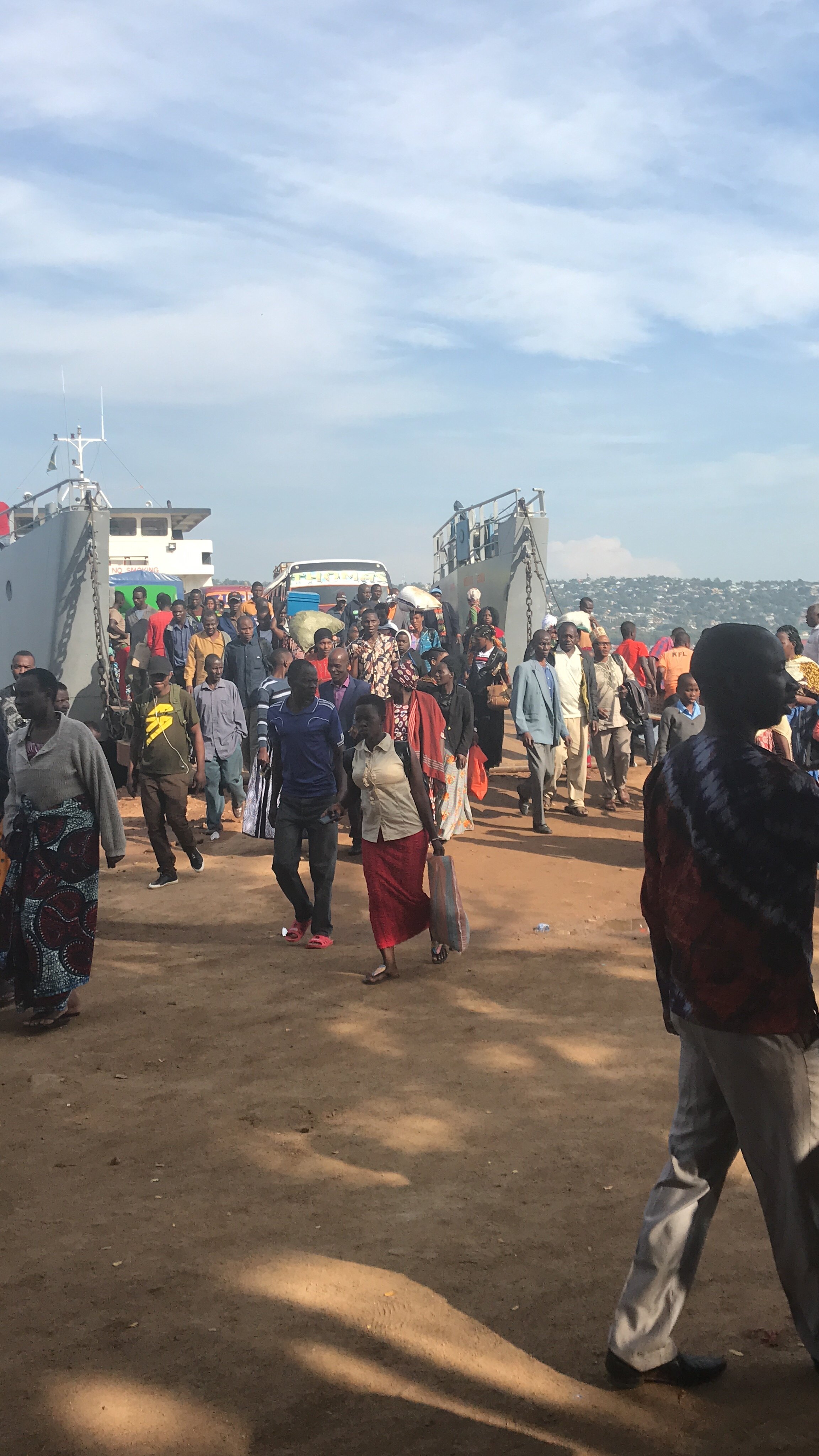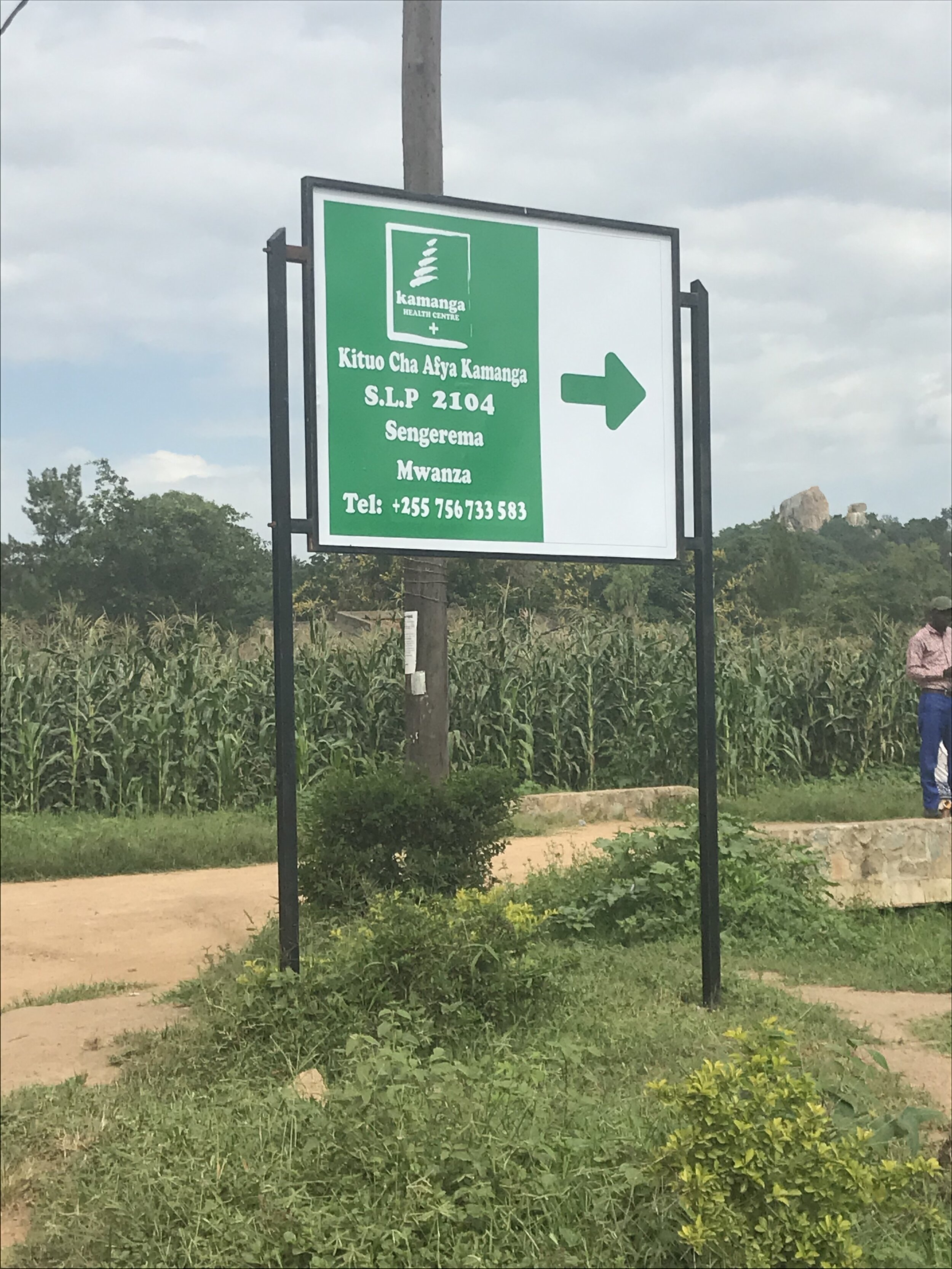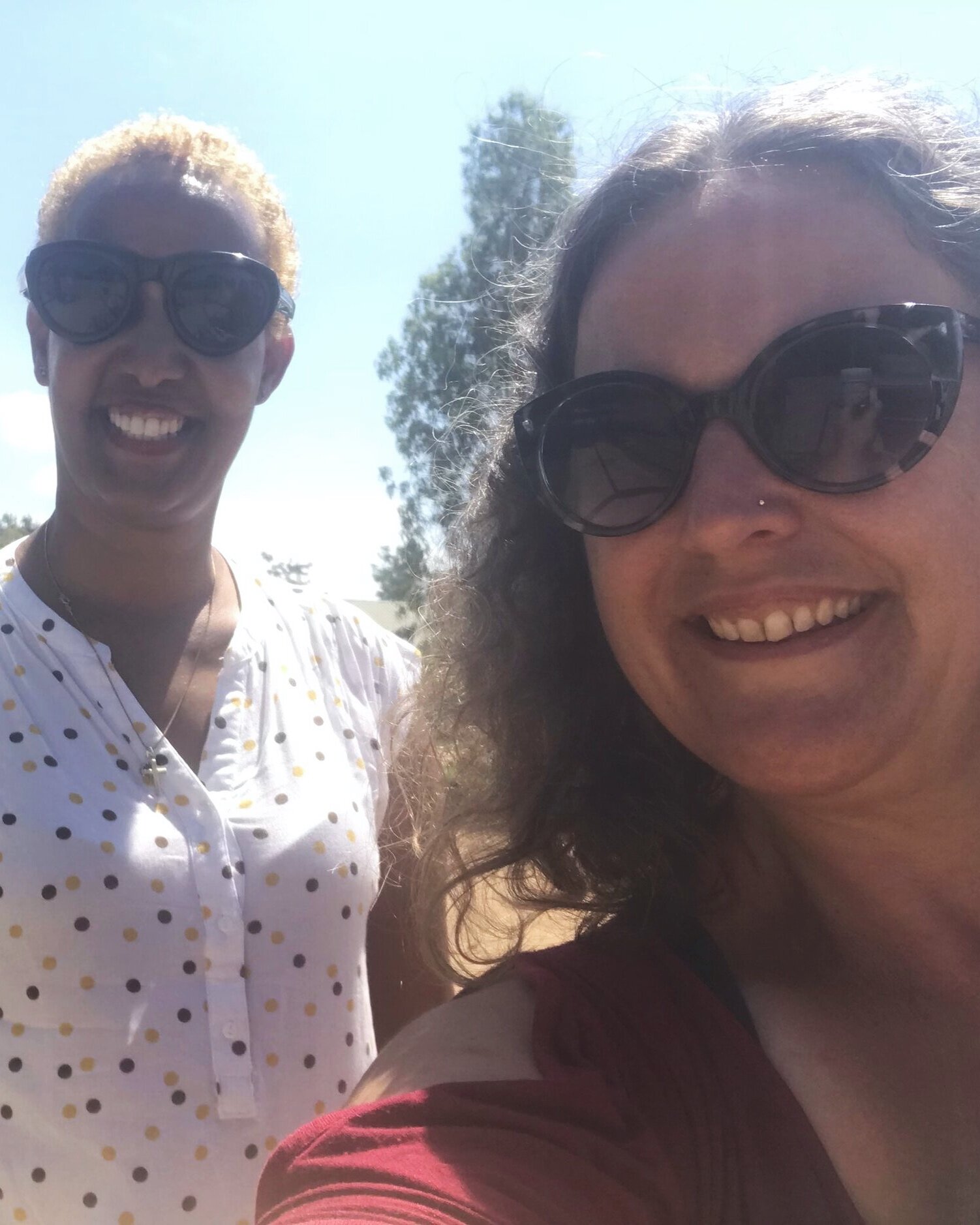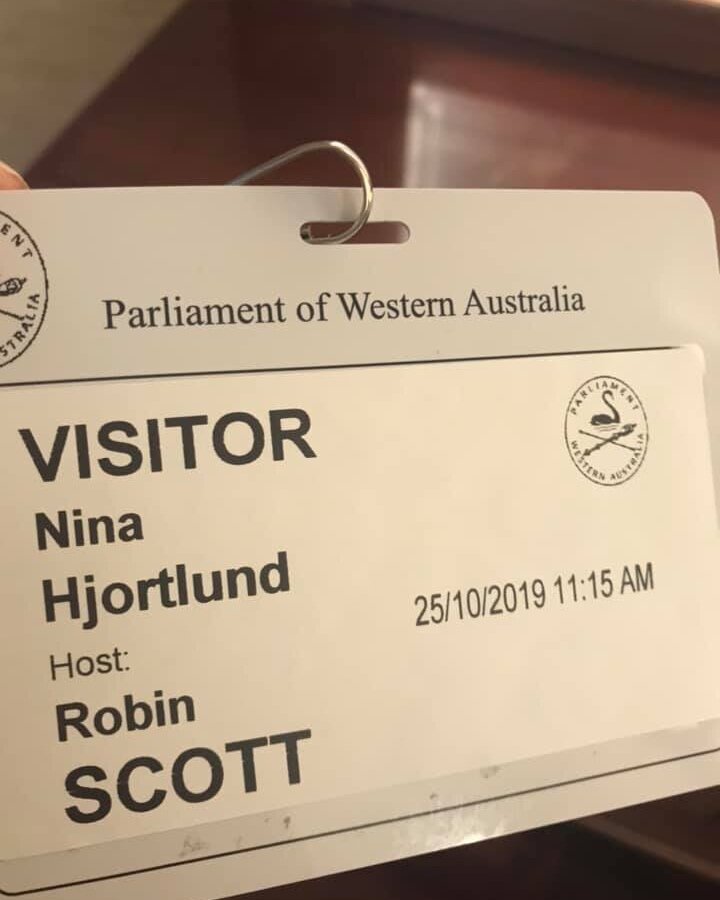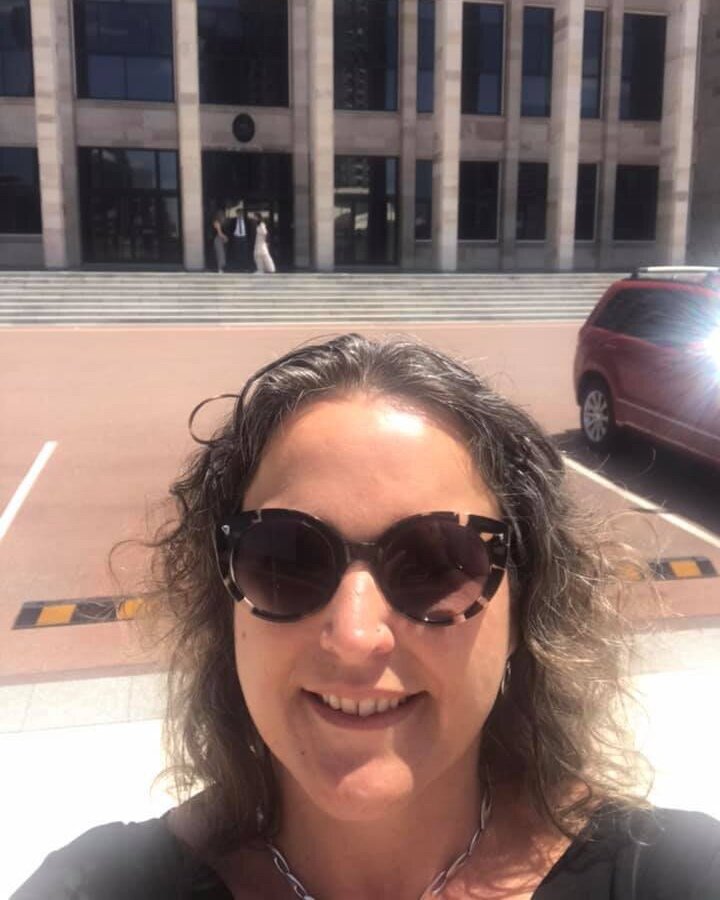Yesterday was my first day as a member of AAMEG. AAMEG stands for Australia-Africa Minerals & Energy Group.
What am I, as the head of a Not-for-profit, doing as a member of a mining and oil & gas industry group?
The thing is, we have successfully collaborated with the private sector on several projects. Many of these private sector companies being from the mining industry.
AAMEG CEO Roger Staley
How do we collaborate?
To me, a collaboration is not just for a private sector company to hand over a cheque and then be done with their ESG commitments. I like to invite the private sector to actively participate with their knowledge and expertise. This could be sharing technical knowledge, that could improve delivery of a project. Or lend us administrative capacity, that is more efficient than what we have access to. It can be practical assistance with logistics or training workshops. The possibilities are endless.
What can we offer the mineral and energy sector?
Our strength is we work holistically and on many different projects simultaneously. We have great experience in project development and therefore we can align any of our projects to fit in with your company’s core values.
Another strength is our global registrations. With our on-the-ground entity “Cedar Tanzania” being registered in Tanzania as an NGO, Australia for Cedar Tanzania in Australia, and further registrations and offices in Switzerland and Bulgaria, we have many people and networks to draw on.
Through that, we can also guarantee we are adhering to rules and regulations in whichever country we are working in.
Well, this goes for any private sector we collaborate with. Not only the mineral and energy sector.
Do you want to collaborate too?
We welcome new partners, new ideas, new projects.
Send me an email and let's start the conversation.



